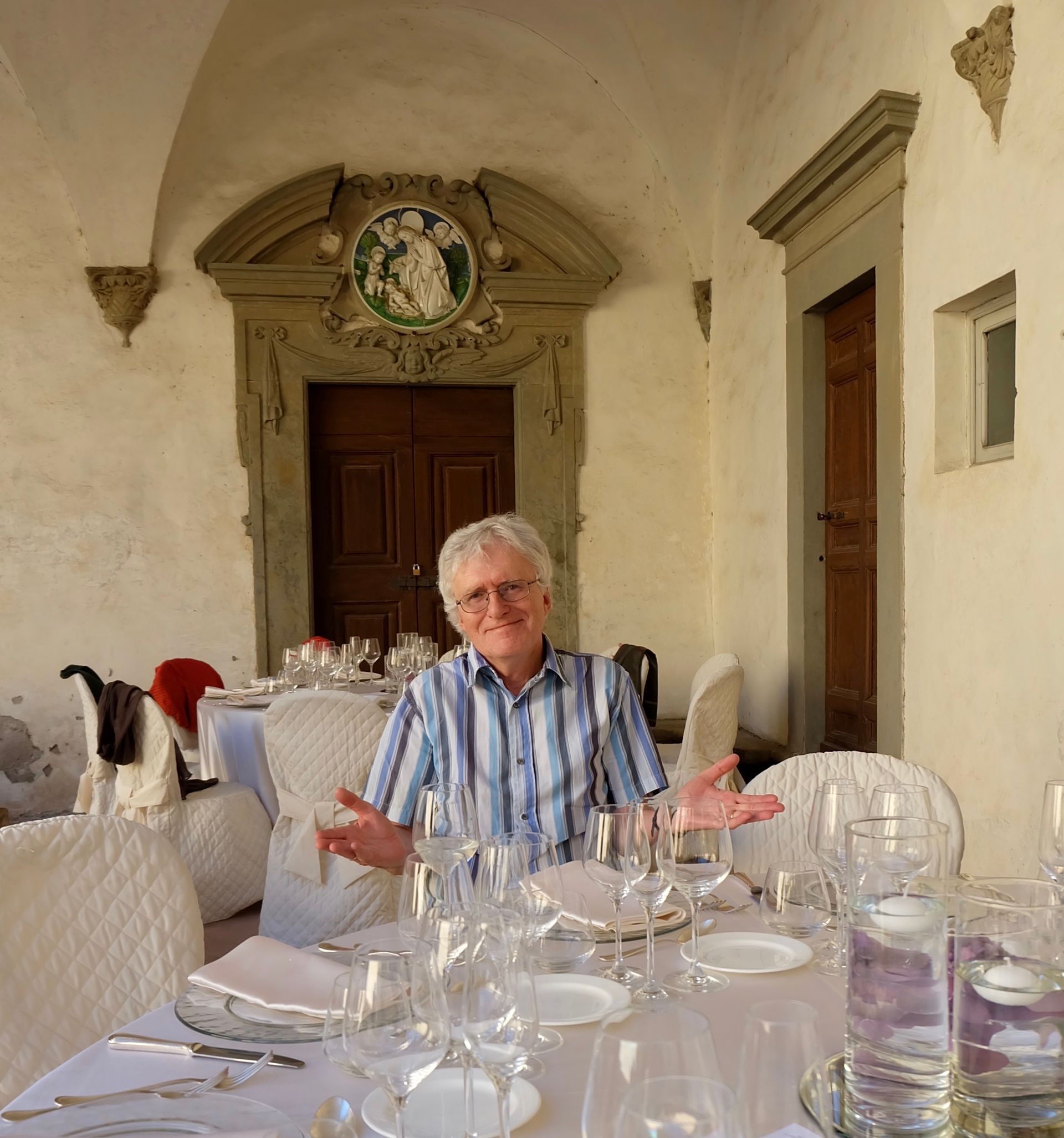When in Rome do as the Romans do. But what do they listen to?
Roger Hillman writes ...
So, imagine you’re Woody Allen, about to make a film about Rome, in the wake of other takes of an outsider on Barcelona and Paris. The last in particular had lots of music, crucial for the atmosphere and the sense of history. What musical choices do you make for Rome? How much do they overlap with what Woody actually chose, especially with the song that bookends the film? What is the going stereotype of music in Italy? What point has been reached by the reception history of popular song, opera, and especially perhaps of something in between, music of Rota and Morricone? Does Italy still sing?
Another vantage point: next year is the bicentenary of Verdi’s birth. But also of Wagner’s. There’s little available that directly links them these days, but Peter Conrad’s recent book is a good start. While the conferences devoted to either Wagner or Verdi proliferate, a few weeks ago there seemed to be but one combining them, in Belgium in April… Is it still possible or meaningful to play the two off against each other?
Or does a contemporary globetrotting opera fan go for both Verdi and Wagner, unproblematically? (And maybe not even globetrot, but consume them via Opera from the Met screenings.) Does Verdi, other than with a museum-like sense of nostalgia, retain any of his Risorgimento thrust? Is he (still) regarded more highly than Rossini, Puccini, Donizetti or Bellini? Does Monteverdi sound the most modern of them all?
Beyond screenings from the Met, film is one channel for encountering classical composers, and of course home ground for the Rotas and Morricones. What is/can be achieved by citing Italian music in an Italian film? And in non-Italian film? Has it ceased to be a national marker in any sense? If your answer to that is ‘yes’, what are we to make of the brief but significant excerpts from Aida and Tosca in a very recent film, Bellocchio’s Vincere ?
Whatever you do, don’t just scratch your head at all these questions, but go wash your hair under the shower. And don’t give up singing in the shower, to perpetuate the grand narrative…








